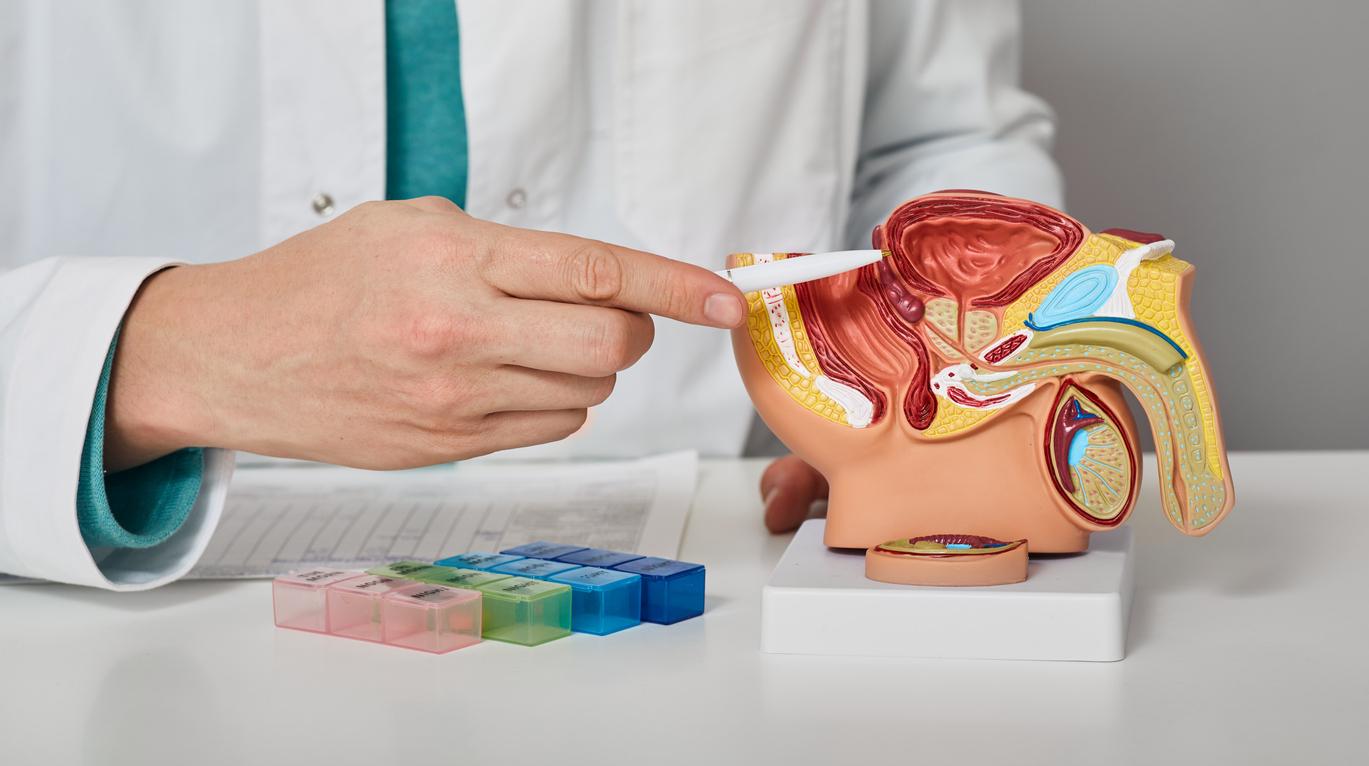Omega-3s help regenerate inflamed periodontal tissue and thus counter the effects of gum disease which can cause heart problems.
-1609256863.jpg)
- Periodontitis destroys the tissues that hold the teeth in the mouth.
- Two molecules contained in omega-3s, maresin and resolvin, stimulate periodontal ligament stem cells even in the presence of inflammation.
- Stimulating the release of these biomolecules, which many people do not produce in sufficient quantities, could be a way to improve the success rate of regenerative therapies.
Good oral hygiene is essential for good health. It reduces the risk of heart disease and diabetes. To boost this good hygiene and promote the regeneration of periodontal tissue, Brazilian researchers from the São Paulo Research Foundation (FAPESP) suggest that you should consume omega-3s. In work presented on September 25 in the journal Frontiers Immunologythey show that two molecules contained in omega-3, maresin and resolvin, stimulate the stem cells of the periodontal ligament even in the presence of inflammation.
Reduction of inflammation
Omega-3 fatty acids allow the body to produce maresin and resolvin, two molecules that fight against local inflammation induced by diseases that affect the periodontium, that is to say the supporting tissues of the teeth. Periodontitis destroys the tissues that hold teeth in the mouth, and whether stem cell therapy can stimulate regeneration of these structures in animal models live, in humans, the results are less conclusive due to inflammation. Omega-3 could prove to be a solution to reduce these inflammations.
Stimulating the release of these biomolecules, which many people do not produce in sufficient quantities, could be a way to improve the success rate of regenerative therapies. “These mediators improve the regenerative capacity of stem cells even in the presence of inflammation”, confirms the main author, Marinella Holzhausen Caldeira, expert professor in periodontics. Using two environments in vitroscientists have shown that the addition of maresine and resolvin increases the ability of stem cells to proliferate, migrate and differentiate, which fight inflammation.
Resolution pharmacology
This discovery could also promote advances in the treatment of other inflammatory pathologies. These two molecules promote the body’s cleansing process by secreting fewer toxins. This technique is called “resolution pharmacology” and aims to revolutionize the current approach to anti-inflammatory drugs. “In resolution pharmacology, one does not prescribe to block inflammation. We seek to stimulate the beneficial inflammatory stage, which is the resolution stage.”, concluded the researchers.
.















